- Your body needs extra nutrients during pregnancy and breastfeeding. This is to support the health and development of you and your baby.
- Try to eat a variety of foods from each of the five food groups from the Australian Guide to Healthy Eating.
- You may need vitamin and/or mineral supplements to meet your nutrition needs.
- You should limit or avoid some foods and drinks while pregnant or breastfeeding.
6 minute read
What do I need to eat when I am pregnant?
What you eat during pregnancy plays a major role in the development of your baby's organs, mental development and future health. It gives you the nutrients to cope with the growth and changes that your body is undergoing.
Whilst nutrition is important, it’s not difficult to meet your nutrient requirements for pregnancy. You don’t need to eat for two.
But there are certain nutrients that need extra attention, including:
- protein – needed to form new body tissues
- iron – forms red blood cells for you and your baby, prevents anaemia
- iodine – supports brain and nervous system development in your baby
- folate – essential for reducing the risk of birth defects in your baby, like spina bifida
- omega-3s – fats needed for healthy brain, nerve and eye development in your baby
- calcium and vitamin D – both ensure healthy bones in your baby.
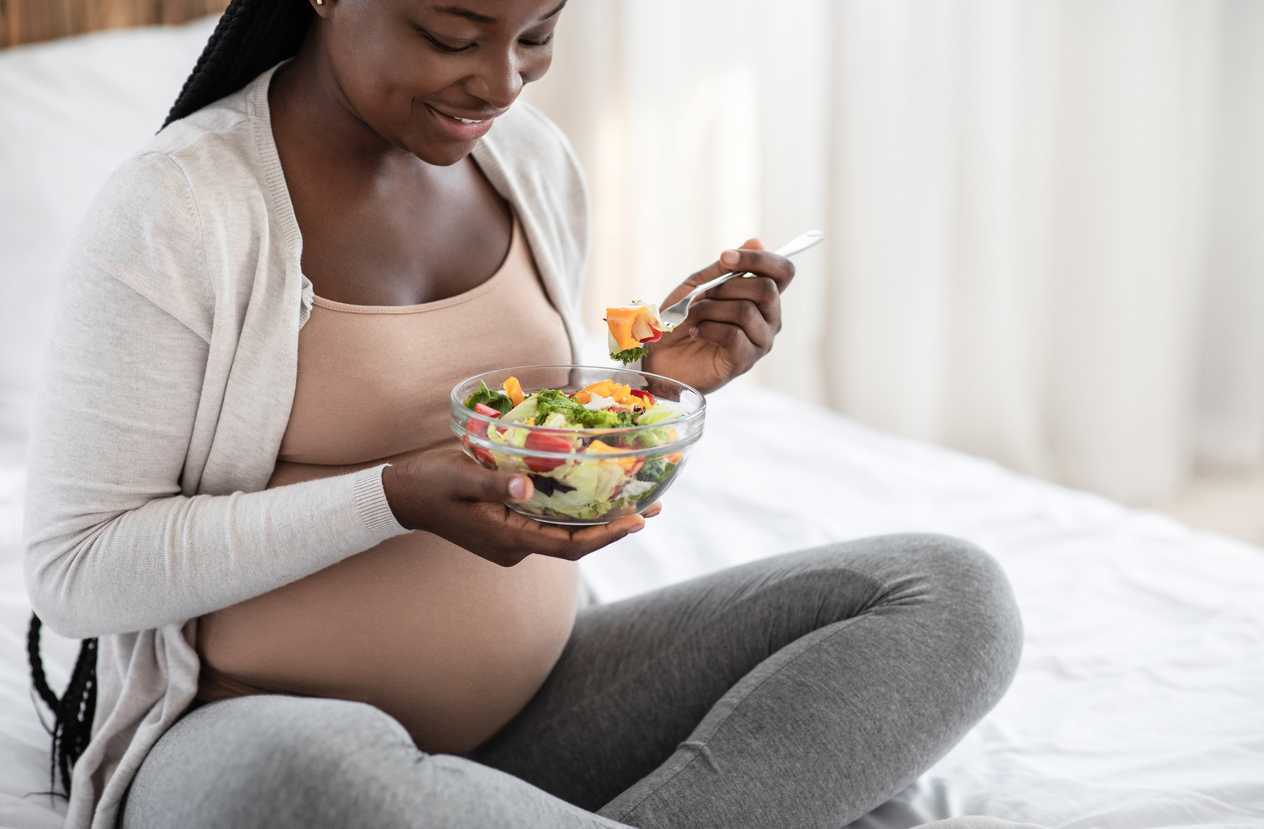
Focus more on the quality of food you’re eating rather than the quantity.
Aim to eat a variety of foods from each of the five food groups of the Australian Guide to Healthy Eating, including:
- lean meats, chicken, fish, beans, lentils, tofu and thoroughly cooked eggs
- nuts and seeds
- dairy and alternatives (for example, milk, cheese, yoghurt and plant-based milk with added calcium and vitamin B12)
- green leafy vegetables
- fruits
- whole grains, breads, cereals.
Do I need to take supplements during pregnancy?
A balanced diet provides most nutrients. But some people need extra vitamin and mineral supplements to meet their nutrient needs.
Both a folic acid and iodine supplements are advised for at least a month before conception and during the first 3 months of pregnancy. These minerals are important for your baby’s development but are difficult to get enough of from food alone.
You should also take a vitamin D supplement of 400 to 600 international units per day throughout pregnancy and breastfeeding. Check the vitamin D content of your pregnancy multivitamin to make sure it contains enough vitamin D.
Talk to your GP or midwife about suitable supplements and the dosage required.
Are there foods I should avoid?
When you’re pregnant your immunity is lower than usual. Whilst rare, you have a higher risk of developing certain food-borne illnesses. This includes listeriosis, salmonella poisoning and toxoplasmosis. These illnesses can be harmful to you and your baby.
To reduce any health risks to you and your baby, follow these tips when choosing and preparing food:
- Always use clean hands when preparing and cooking food.
- Use safe food handling practices, such as separate chopping boards for raw and cooked foods.
- Store food safely (for example, store food in clean, sealed containers).
- Put cooked food straight in the fridge once it’s stopped steaming.
- Eat any leftovers within 24 hours, and only after reheating to a boil.
- Avoid foods that could contain listeria bacteria. This includes:
- food from buffets, salad and sandwich bars
- raw or undercooked meats
- deli meats
- packaged ready-to-eat meats
- pate and meat spreads
- chilled, raw or smoked seafood
- pre-packaged fruit and vegetables
- juices
- soft cheese
- unpasteurised milk products
- soft serve ice-cream
- raw sprouts.
- Rinse all fresh fruit and vegetables with water before preparing.
- Avoid foods that are a salmonella risk including:
- raw or undercooked eggs
- undercooked meats
- sesame seed products (tahini, hummus, and halva).
- Check use by dates on store bought foods and dispose of leftovers after 24 hours.
Can I eat seafood?
Yes, you can continue eating fish and seafood when pregnant. It is a great source of omega-3 fats and protein.
However, you should avoid uncooked seafood (for example, sushi and sashimi) and limit fish with high levels of mercury.
Mercury can affect the nervous system of unborn babies. Fish has different amounts of mercury so how much fish you can safely eat when pregnant depends on the type of fish.
Limit your intake of high mercury containing fish such as:
- shark, broadbill, marlin and swordfish. Limit these varieties to one serve (150g) per fortnight, with no other fish eaten in that fortnight
- sea perch (orange roughy) and catfish. Limit these varieties to one serve (150g) per week, with no other fish eaten during that week.
Between 2 – 3 serves of other fish or seafood (including canned types) can be eaten safely each week
Can I drink alcohol?
There is no conclusive evidence around a ‘safe’ amount of alcohol you can drink while pregnant. Avoiding alcohol is the safest option for you and your baby.
Can I drink caffeine?
Caffeine is present in a range of drinks such as coffee, tea, cola and energy drinks.
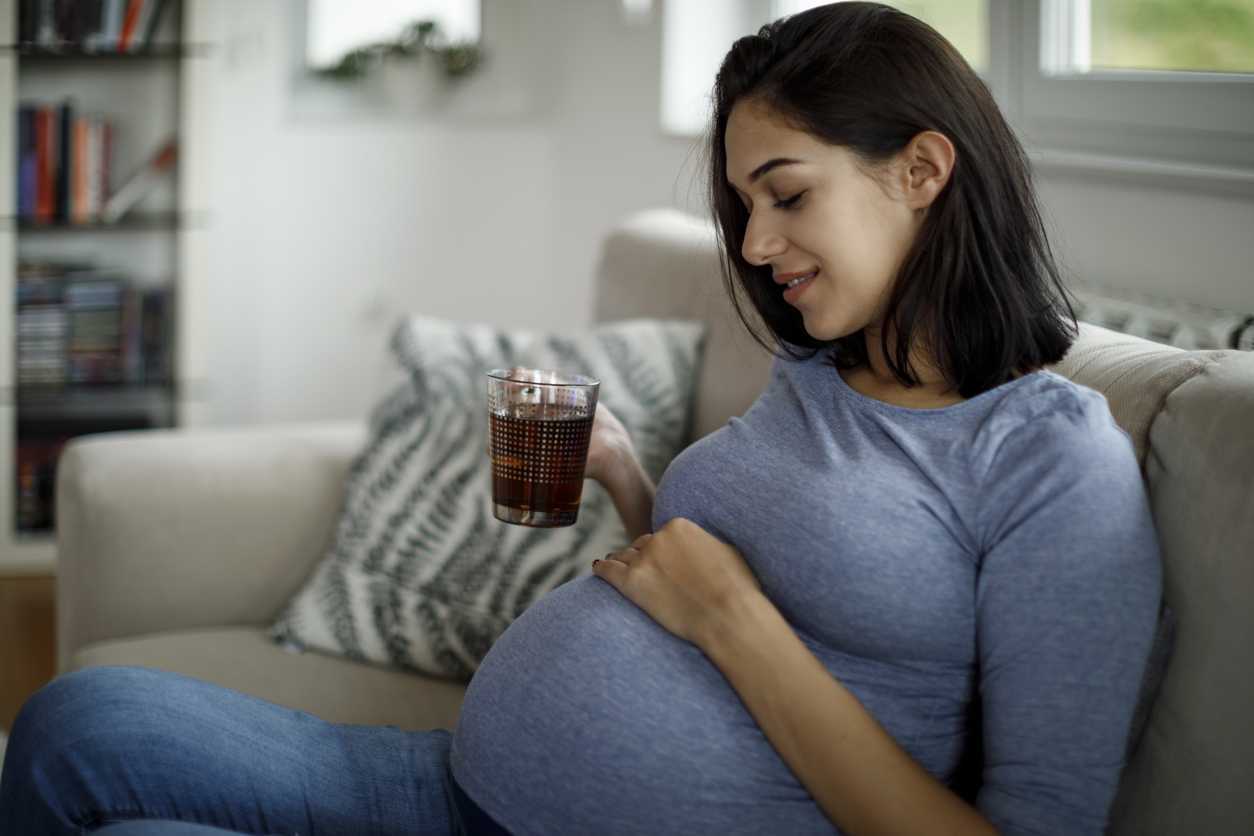
It is considered safe to drink caffeine in moderate amounts during pregnancy. The recommended limit in Australia is a maximum of 200mg per day. This is about the same as:
- 2 cups of instant coffee or 1 espresso coffee or 1 coffee based cold milk drink
- 4 cups of tea
- 1 small cola drink.
Try to avoid energy drinks with caffeine.
Are there any other things I need to be careful about?
Liver contains unsafe amounts of vitamin A for pregnancy. Limit liver to 50g per week and avoid liver containing foods such as pate. Also avoid any supplements that have the retinol form of vitamin A.
What can I eat while breastfeeding?
While breastfeeding you need extra nutrients to keep you and your baby happy and healthy.
You also need extra energy (kilojoules) due to the increased needs of breastmilk production. Some of this energy comes from the body fat deposited during the third trimester of pregnancy. The rest needs to come from a healthy, balanced diet.
- Lean meats and poultry, fish, eggs, tofu, nuts and seeds, and legumes/beans
-
Recommended serves per day while breastfeeding: 2.5
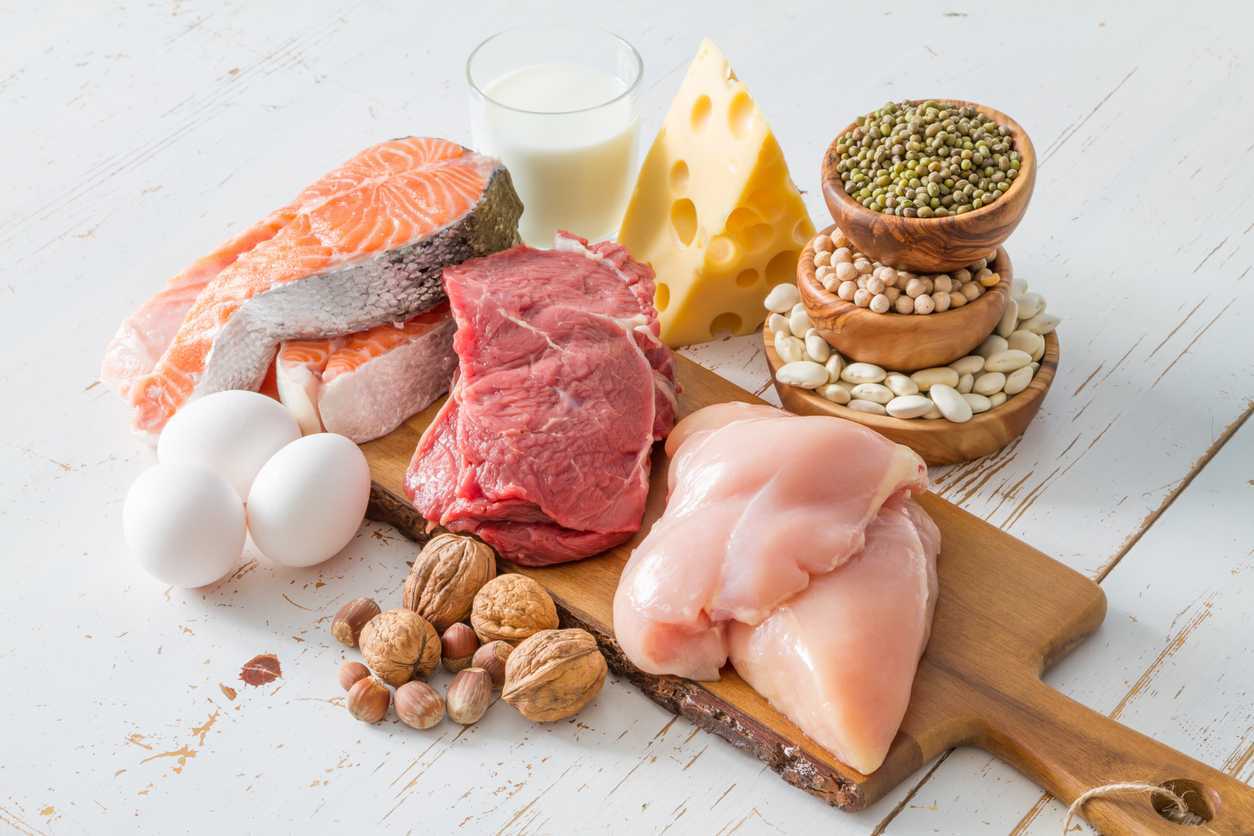
The protein content in breastmilk is stable and enough to support your baby. Yet, you will need more protein compared to normal to support your own nutrient needs. Include meat, fish, chicken, eggs, dairy, nuts, tofu and legumes in your diet.
Your iron stores can be depleted during pregnancy, so now’s the time to replenish your levels. The best sources of iron are animal foods including meat, chicken and fish. Legumes also contain iron.
Omega-3 fatty acids are passed through the breastmilk to your baby, helping with brain development. Include oily fish such as salmon and tuna a couple of times a week, or seeds such as chia, flaxseed or hemp
- Milk, yoghurt, cheese and/or alternatives (mostly reduced fat)
-
Recommended serves per day while breastfeeding: 4
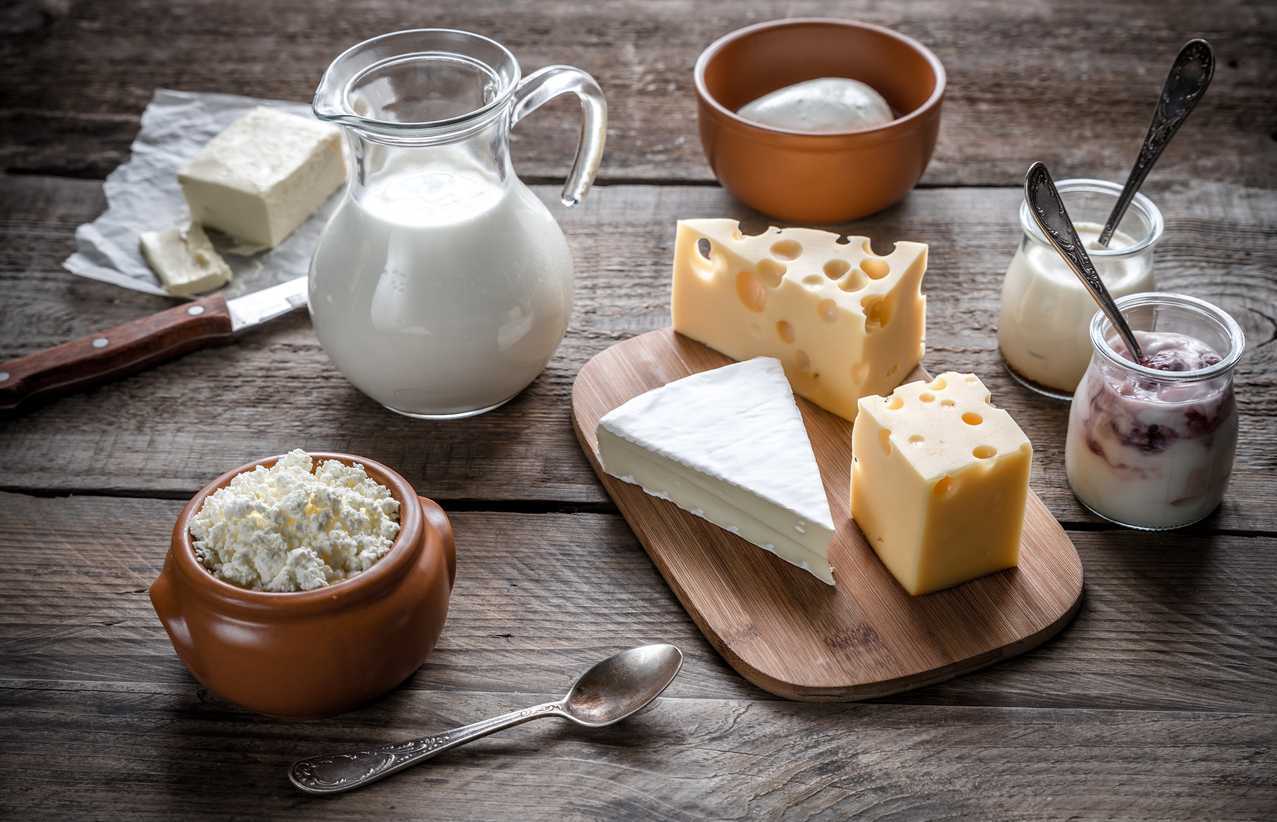
Calcium supports your baby’s bone strength and prevents skeletal problems.
If your diet does not contain enough calcium, your body will use calcium from your bones to meet your increased needs. Fortunately, this loss is usually recovered within several months after stopping breastfeeding.
- Vegetables and legumes/beans
-
Recommended serves per day while breastfeeding: 7.5
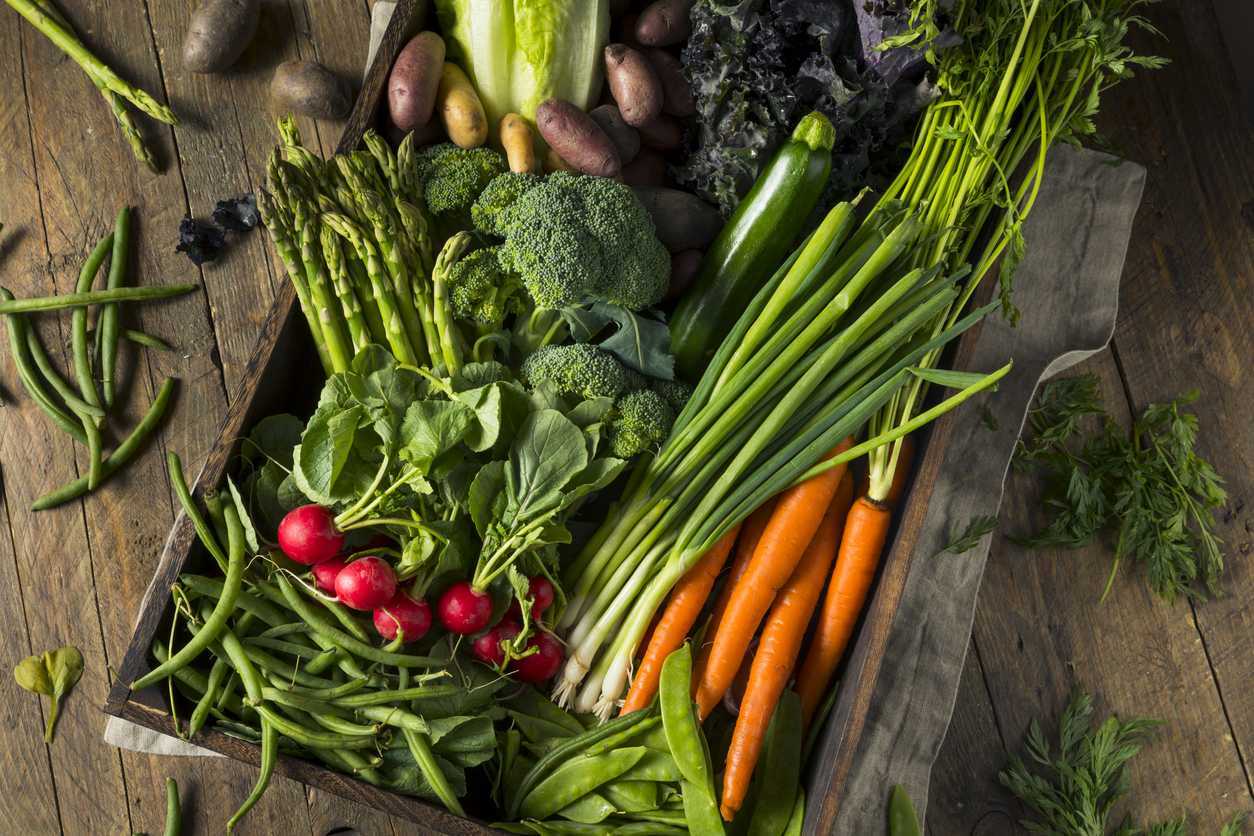
Leafy green vegetables such as spinach and cabbage are a good source of iron and folate. And by eating plenty of dark green and yellow vegetables such as broccoli, carrots and pumpkin, you’ll take care of your increased vitamin A needs.
- Fruit
-
Recommended serves per day while breastfeeding: 2
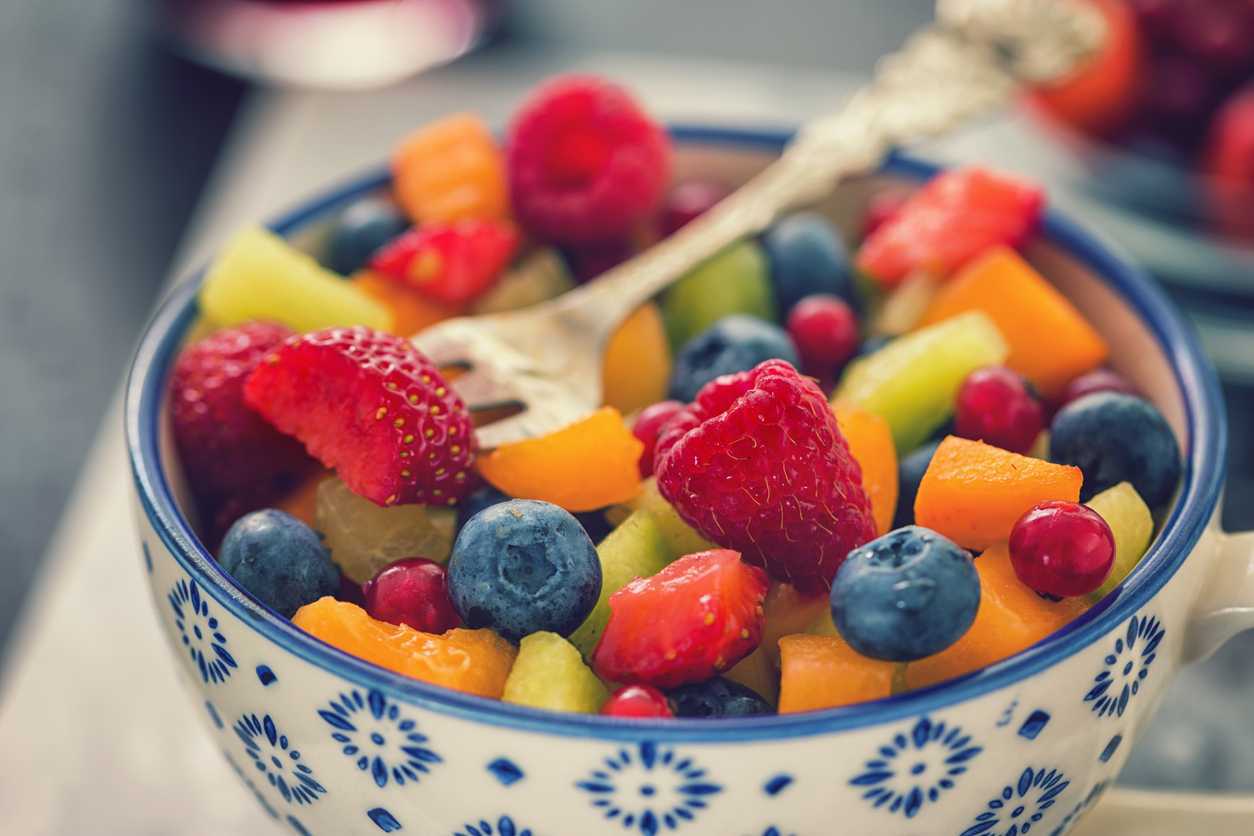
Fruit is a rich source of many nutrients. Breastfeeding increases your vitamin C needs, so be sure to include plenty of berries, tomatoes, capsicum and tropical fruits.
- Grain (cereal) foods, mostly wholegrain and/or high fibre cereal varieties
-
Recommended serves per day while breastfeeding: 9
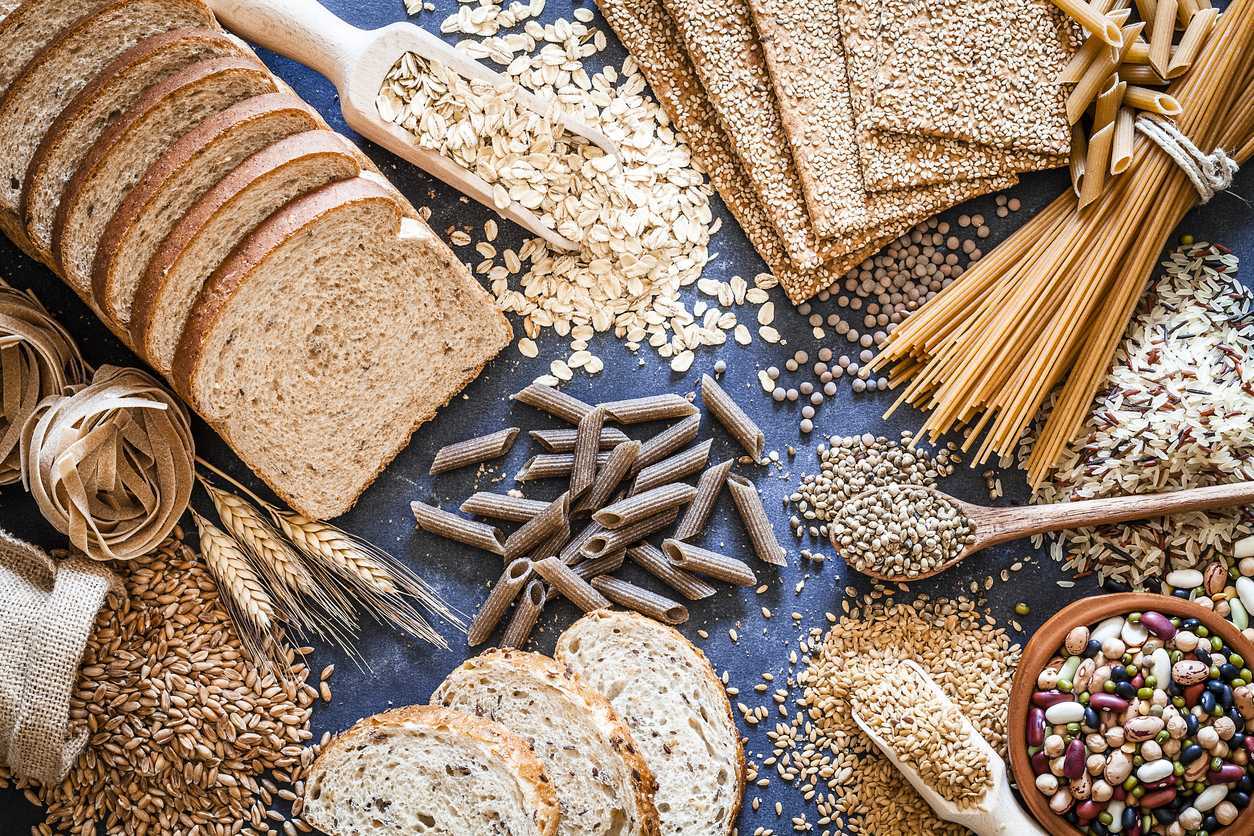
Whole grains and high fibre cereals are a good source of iron, folate, zinc and vitamin B6.
- Water
-
Try to drink over 8 cups of water daily and avoid sugary drinks.
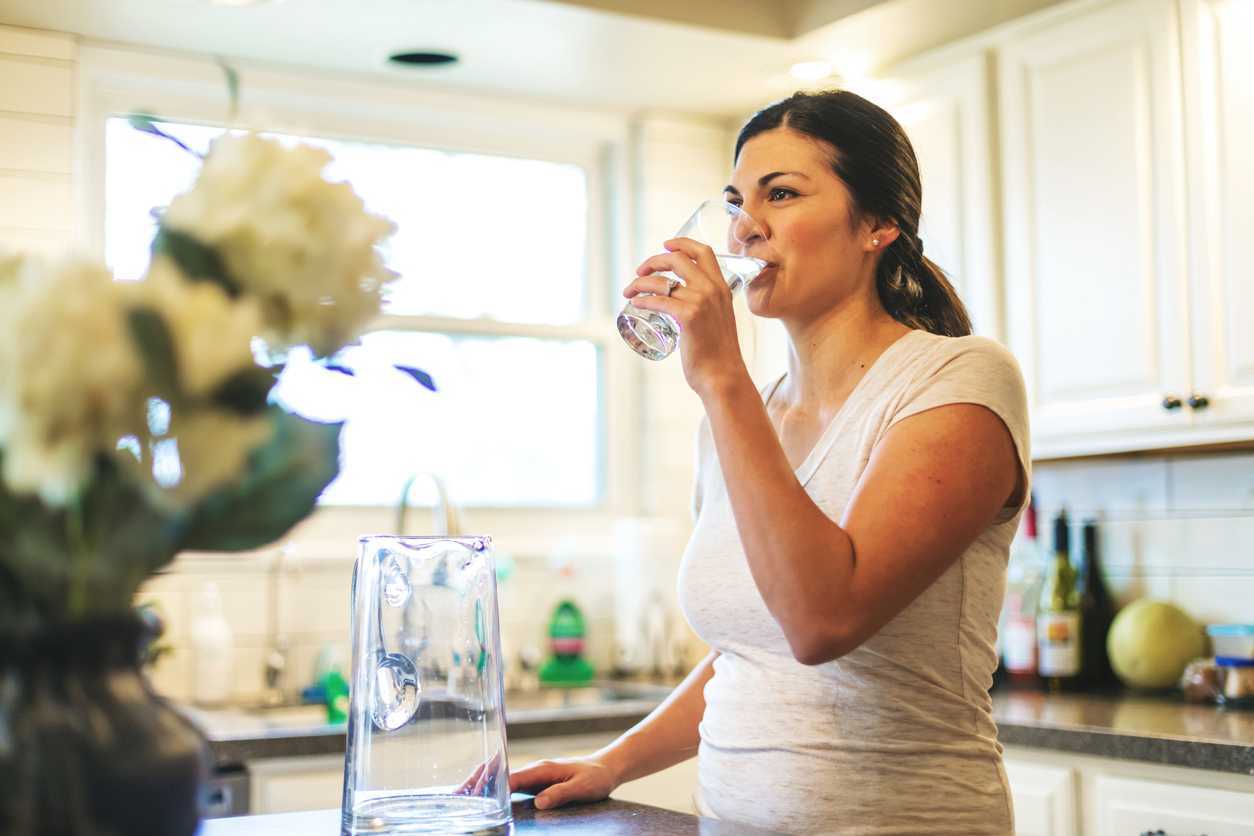
It’s very important to drink enough water during breastfeeding. You need to replace the fluid you’re losing to your baby.
Do I need to take supplements while breastfeeding?
A balanced diet is the best way to meet the increased nutrient needs of breastfeeding. But there are some supplements that may be beneficial.
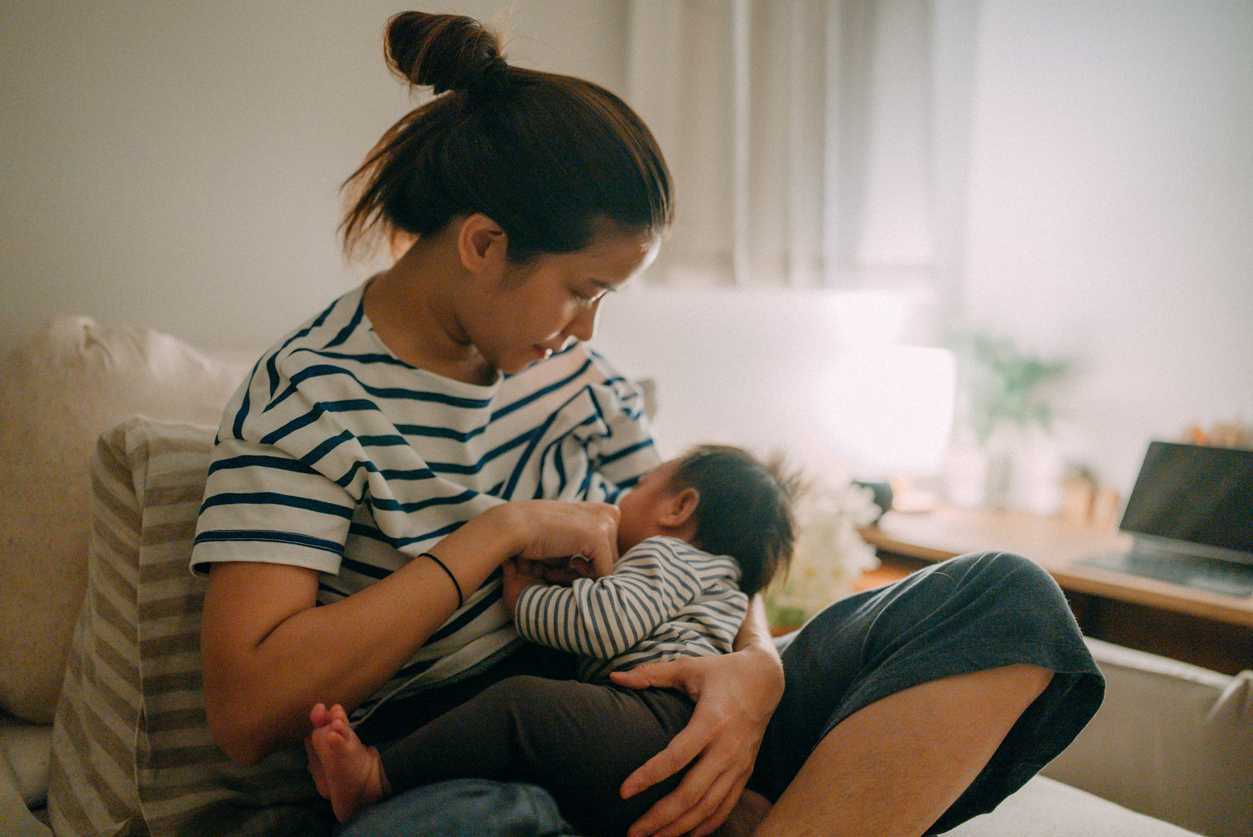
Vitamin D
Vitamin D helps the body absorb and use calcium. Whilst breast milk does contain vitamin D, it will not be enough for your baby. All babies need a supplement of 400 international units per day for their first 12 months.
Most of our vitamin D comes from the action of sunlight on our skin and only a small amount comes from food. Women at risk of vitamin D deficiency should have their levels checked. If it’s low, you will need a supplement. Ask your pharmacist to recommend a suitable supplement for your baby and yourself.
Iodine
Iodine supports the development of your baby’s brain and nervous system. You will need extra iodine during breastfeeding for you and your baby.
While seafood, dairy and iodine-fortified foods provide some iodine, an extra supplement of 150 micrograms per day is recommended. This level will be present in most breastfeeding multivitamins.
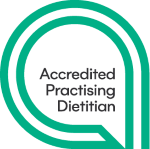
We recommend seeing a dietitian if you:
- would like to know more about the nutritional needs for planning a pregnancy, during pregnancy or breastfeeding
- would like a personalised eating plan to address your nutritional needs
- have specific dietary needs (for example, you are vegetarian, vegan, have diabetes, coeliac disease or other health conditions)
- would like to discuss what supplements you need during pregnancy and breastfeeding
- want to understand more about postpartum recovery and planning for future pregnancies
- you need some practical tips and advice to help support a healthy pregnancy and breastfeeding.
Accredited Practising Dietitians (APDs) are university-trained nutrition experts. They can help you with personalised, easy-to-follow and evidence-based advice.
APDs are Australia's most trusted dietetics professionals.
- You need extra nutrients during pregnancy and breastfeeding to support the health and development of your baby and your own body.
- During pregnancy, focus more on the quality of food you’re eating rather than the quantity.
- Aim to eat a wide variety of foods from each of the five food groups of the Australian Guide to Healthy Eating.
- Supplements can help to meet specific nutrient needs during pregnancy and breastfeeding.
- You need to avoid or limit some foods during pregnancy, such as fish high in mercury, alcohol and caffeine. This is to avoid complications and health risks to your baby.
- Prepare your food in line with the recommendations to prevent any risk from food borne bacteria.